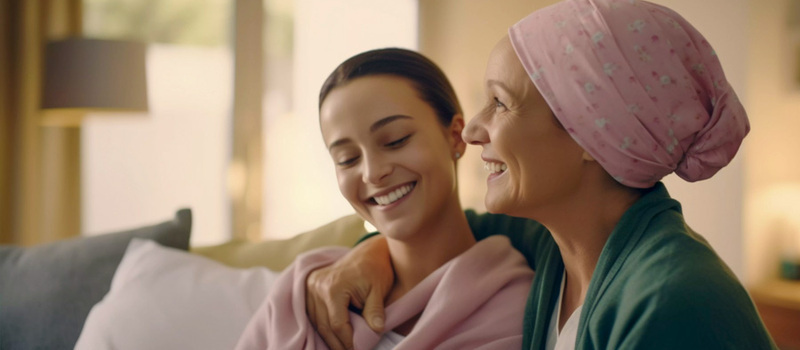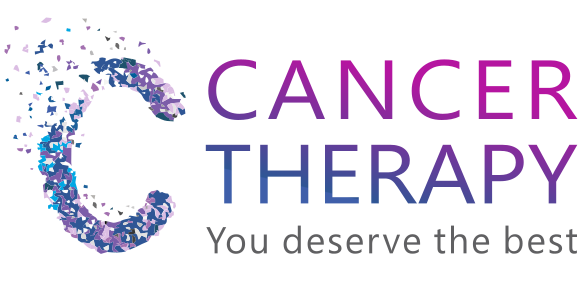The Essential Role of Family in Cancer Treatment: Guidance for Caregivers & Patients

It is not just the patient’s quality of life that gets affected by cancer treatment, but also their family. Amidst treatment and recovery, family support in cancer care is critical. Not only does this keep the patient’s morale high, but friends and family can keep them hopeful and provide psychological support during such difficult times.
Caregiving for cancer patients is not easy work. This guide has been prepared for people in a caregiver role in cancer care.
Why Family Support Matters in Cancer Care?
Cancer treatment is not easy for patients. It also has an emotional impact of cancer on the family. From hospital visits to lifestyle adjustments and addressing side effects, there’s a lot to do. With the support of family and friends, patients can adhere to treatment plans better with reduced stress and improved quality of life. It provides emotional reassurance and reduces isolation for the patient.
The Caregiver’s Role in Cancer
The caregiver role in cancer treatment goes beyond companionship. Caregivers often take on responsibilities such as:
- Taking care of day-to-day activities like preparing and serving food
- Administering medicines and managing medical appointments, clinical tasks, etc.
- Mobility assistance and physical therapy
- Assisting with daily living activities, such as bathing and using the toilet.
- Offering emotional strength during moments of fear or uncertainty.
- Acting as advocates during consultations and treatment decisions.
As a part of the cancer patient support system, caregivers are a vital link in the treatment process.
Emotional Impact of Cancer on Families
Family support in cancer care is rewarding, but can be emotionally taxing too.
The emotional impact of cancer on family members can range from fear and anxiety of losing their loved one to staring at an uncertain future. The partner or the spouse of the patient is the most affected. They are prone to feeling sad at times and angry at others, which affects the relationship. Since they are the ones who usually provide emotional and physical support to the patient, day in and day out, they are likely to feel overwhelmed with all these responsibilities.
Open communication within families helps create a shared space for expressing emotions and reducing the sense of burden. By hiring practical assistance for cancer patients, patients can focus on healing while their caregivers or loved ones are not overwhelmed by daily responsibilities.
Recognising and Preventing Caregiver Burnout in Cancer Care
When caregivers care for their loved ones, round-the-clock, they are prone to feel exhausted. Caregiver burnout in cancer cases is common, with symptoms like fatigue, stress, and feelings of helplessness.
Is there a way to prevent caregiver burnout?
Yes. As a caregiver, you can try this –
- Take breaks and rest adequately.
- Seek support from extended family or friends.
- Join caregiver support groups.
- Practice self-care to maintain their own health.
Navigating Cancer as a Family
Cancer is a journey. It affects not just the patient but the entire household. Therefore, healthcare providers suggest that families should approach it as a collective challenge. They should form a family support cancer group with immediate family members. This way ,responsibilities can be shared and there could be mutual encouragement. Small victories can be celebrated together while a few defeats can be handled as a group, motivating one another to stay positive. Professional counselling and support networks can also help families stay resilient throughout the treatment process.

